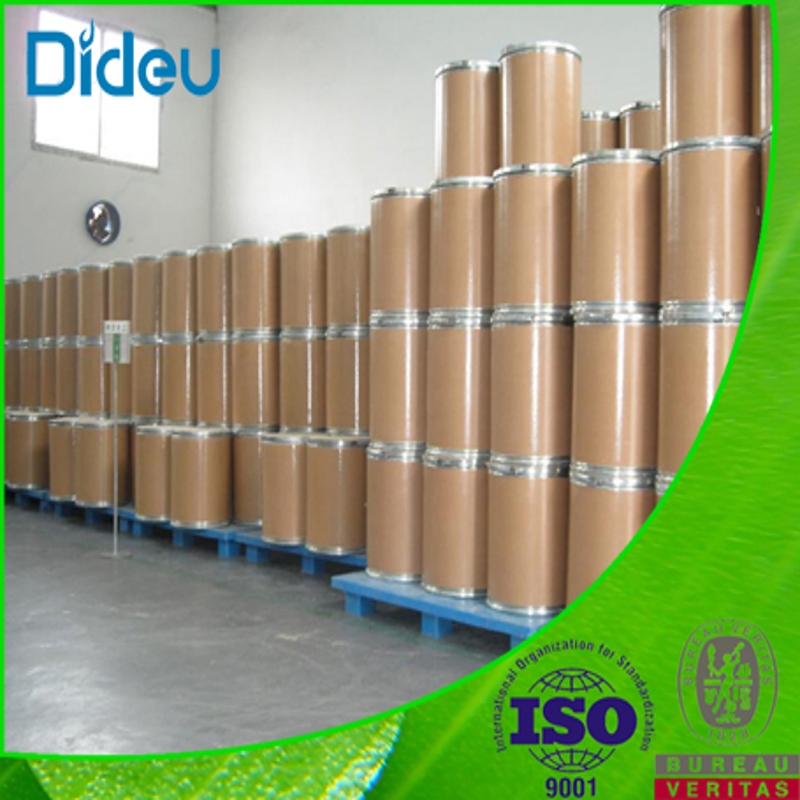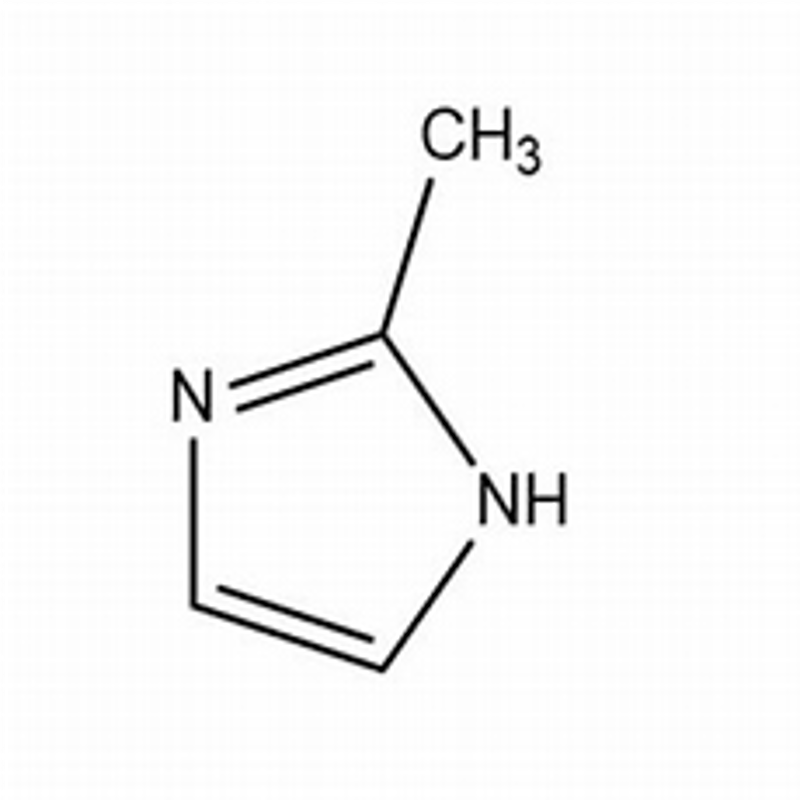-
Categories
-
Pharmaceutical Intermediates
-
Active Pharmaceutical Ingredients
-
Food Additives
- Industrial Coatings
- Agrochemicals
- Dyes and Pigments
- Surfactant
- Flavors and Fragrances
- Chemical Reagents
- Catalyst and Auxiliary
- Natural Products
- Inorganic Chemistry
-
Organic Chemistry
-
Biochemical Engineering
- Analytical Chemistry
-
Cosmetic Ingredient
- Water Treatment Chemical
-
Pharmaceutical Intermediates
Promotion
ECHEMI Mall
Wholesale
Weekly Price
Exhibition
News
-
Trade Service
[Pharmaceutical Network Market Analysis] In recent years, under the influence of the epidemic, more and more countries have begun to accept traditional Chinese medicine
.
In this context, the state has also begun to issue a series of favorable policies to boost the acceleration of the Chinese medicine industry to go overseas
.
In March this year, the General Office of the State Council issued the "14th Five-Year Plan for the Development of Traditional Chinese Medicine", which clearly stated that by 2025, the health service capacity of traditional Chinese medicine will be significantly enhanced, the high-quality development policy and system of traditional Chinese medicine will be further improved, and the revitalization and development of traditional Chinese medicine will be achieved.
Positive results have been achieved, and the unique advantages in the construction of a healthy China have been brought into full play
.
In order to achieve the above goals, the "Planning" proposes ten tasks to build a high-level traditional Chinese medicine inheritance protection and technological innovation system, promote the high-quality development of the traditional Chinese medicine industry, develop the traditional Chinese medicine health service industry, and accelerate the open development of traditional Chinese medicine
.
In addition, at the beginning of this year, the state also issued the "Development Plan for Promoting the High-quality Integration of Traditional Chinese Medicine into the Belt and Road Initiative (2021-2025)"
.
The plan proposes that during the "14th Five-Year Plan" period, 30 high-quality Chinese medicine overseas centers will be built in cooperation with the "Belt and Road" countries to provide high-quality Chinese medicine services to the people of the "Belt and Road" countries
.
The industry believes that with the help of a series of policies, Chinese medicine going overseas will usher in a period of rapid development
.
In fact, in recent years, with the continuous support and promotion of the Chinese medicine industry from the state to the locality, and the continuous improvement of the acceptance of Chinese medicine in overseas markets, the export of Chinese herbal medicines and Chinese medicine products in China has continued to grow, and new markets are also constantly being developed.
in
.
Taking Lianhua Qingwen as an example, according to the announcement of Yiling Pharmaceutical, Lianhua Qingwen Capsules have been sold in Hong Kong, Macau, Brazil, Indonesia, Canada, Mozambique, Romania, Thailand, Ecuador, Singapore, the Philippines, Kuwait so far.
, Mauritius, Uganda and other places have been registered as "proprietary Chinese medicine", "medicine", "plant medicine", "natural health product", "food supplement", "modern botanical medicine", "natural medicine" and other identities respectively.
Marketing authorization
.
At the same time, a large number of Chinese medicine companies have registered their products in Singapore, Cuba, Vietnam, the United Arab Emirates, Russia and other countries
.
In addition, there are a number of traditional Chinese medicine companies that have obtained the priority to enter the mainstream pharmaceutical consumer markets in Europe and the United States through active application for certification in recent years, and have achieved initial results
.
However, it should be noted that although traditional Chinese medicine has the foundation of 'going out' and has achieved certain achievements, there are still many doubts about traditional Chinese medicine at home and abroad
.
Among them, how to ensure the quality of traditional Chinese medicine, formulate unified technical standards for traditional Chinese medicine, and better protect the intellectual property rights of traditional Chinese medicine is becoming a "stumbling block" on the road of internationalization of traditional Chinese medicine
.
In this regard, analysts pointed out that in order to accelerate the "going out" of traditional Chinese medicine, we need to start from many aspects
.
First of all, the national level needs to realize that the "going out" of the Chinese medicine industry is not only to spread Chinese culture, but also an important choice for the healthy and sustainable development of the Chinese medicine industry itself.
It needs to be incorporated into the national strategy and given necessary support
.
From the perspective of enterprises, it is necessary to vigorously "perfect layout, optimize products, and establish brands"
.
The first is to formulate overseas development strategies and plans, and strengthen research on overseas markets.
Enterprises with conditions can set up international departments and gradually establish their own sales, service and warehousing organizations overseas to form overseas business groups
.
Secondly, it is necessary to attach importance to patent protection and product registration, as well as overseas product design and development, and optimize or redesign product packaging for existing products according to different overseas market needs
.
In addition, it is also necessary to promote overseas marketing of products through cooperation or self-built sales networks, and continuously improve overseas consumers' trust in corporate brands through high-quality products and services, and improve corporate brand awareness
.
It should be noted that foreign countries are very strict in the supervision of heavy metals, pesticide residues, and toxicity of Chinese medicinal materials
.
Therefore, in order for traditional Chinese medicine to go out better, it is necessary to invest scientific research efforts in research on the basic components and toxic and side effects of commonly used traditional Chinese medicines to create standards; at the same time, it is necessary to control the quality of traditional Chinese medicine materials from the source
.
In general, there are still many problems that restrict the overseas development of traditional Chinese medicine.
However, under the background that the country is vigorously promoting the Chinese medicine industry to go global and the acceptance of traditional Chinese medicine overseas is increasing, there is still room for Chinese medicine companies to develop overseas.
Very large, the future market prospects will be very promising
.
Disclaimer: Under no circumstances does the information or opinions expressed in this article constitute investment advice to anyone
.
.
In this context, the state has also begun to issue a series of favorable policies to boost the acceleration of the Chinese medicine industry to go overseas
.
In March this year, the General Office of the State Council issued the "14th Five-Year Plan for the Development of Traditional Chinese Medicine", which clearly stated that by 2025, the health service capacity of traditional Chinese medicine will be significantly enhanced, the high-quality development policy and system of traditional Chinese medicine will be further improved, and the revitalization and development of traditional Chinese medicine will be achieved.
Positive results have been achieved, and the unique advantages in the construction of a healthy China have been brought into full play
.
In order to achieve the above goals, the "Planning" proposes ten tasks to build a high-level traditional Chinese medicine inheritance protection and technological innovation system, promote the high-quality development of the traditional Chinese medicine industry, develop the traditional Chinese medicine health service industry, and accelerate the open development of traditional Chinese medicine
.
In addition, at the beginning of this year, the state also issued the "Development Plan for Promoting the High-quality Integration of Traditional Chinese Medicine into the Belt and Road Initiative (2021-2025)"
.
The plan proposes that during the "14th Five-Year Plan" period, 30 high-quality Chinese medicine overseas centers will be built in cooperation with the "Belt and Road" countries to provide high-quality Chinese medicine services to the people of the "Belt and Road" countries
.
The industry believes that with the help of a series of policies, Chinese medicine going overseas will usher in a period of rapid development
.
In fact, in recent years, with the continuous support and promotion of the Chinese medicine industry from the state to the locality, and the continuous improvement of the acceptance of Chinese medicine in overseas markets, the export of Chinese herbal medicines and Chinese medicine products in China has continued to grow, and new markets are also constantly being developed.
in
.
Taking Lianhua Qingwen as an example, according to the announcement of Yiling Pharmaceutical, Lianhua Qingwen Capsules have been sold in Hong Kong, Macau, Brazil, Indonesia, Canada, Mozambique, Romania, Thailand, Ecuador, Singapore, the Philippines, Kuwait so far.
, Mauritius, Uganda and other places have been registered as "proprietary Chinese medicine", "medicine", "plant medicine", "natural health product", "food supplement", "modern botanical medicine", "natural medicine" and other identities respectively.
Marketing authorization
.
At the same time, a large number of Chinese medicine companies have registered their products in Singapore, Cuba, Vietnam, the United Arab Emirates, Russia and other countries
.
In addition, there are a number of traditional Chinese medicine companies that have obtained the priority to enter the mainstream pharmaceutical consumer markets in Europe and the United States through active application for certification in recent years, and have achieved initial results
.
However, it should be noted that although traditional Chinese medicine has the foundation of 'going out' and has achieved certain achievements, there are still many doubts about traditional Chinese medicine at home and abroad
.
Among them, how to ensure the quality of traditional Chinese medicine, formulate unified technical standards for traditional Chinese medicine, and better protect the intellectual property rights of traditional Chinese medicine is becoming a "stumbling block" on the road of internationalization of traditional Chinese medicine
.
In this regard, analysts pointed out that in order to accelerate the "going out" of traditional Chinese medicine, we need to start from many aspects
.
First of all, the national level needs to realize that the "going out" of the Chinese medicine industry is not only to spread Chinese culture, but also an important choice for the healthy and sustainable development of the Chinese medicine industry itself.
It needs to be incorporated into the national strategy and given necessary support
.
From the perspective of enterprises, it is necessary to vigorously "perfect layout, optimize products, and establish brands"
.
The first is to formulate overseas development strategies and plans, and strengthen research on overseas markets.
Enterprises with conditions can set up international departments and gradually establish their own sales, service and warehousing organizations overseas to form overseas business groups
.
Secondly, it is necessary to attach importance to patent protection and product registration, as well as overseas product design and development, and optimize or redesign product packaging for existing products according to different overseas market needs
.
In addition, it is also necessary to promote overseas marketing of products through cooperation or self-built sales networks, and continuously improve overseas consumers' trust in corporate brands through high-quality products and services, and improve corporate brand awareness
.
It should be noted that foreign countries are very strict in the supervision of heavy metals, pesticide residues, and toxicity of Chinese medicinal materials
.
Therefore, in order for traditional Chinese medicine to go out better, it is necessary to invest scientific research efforts in research on the basic components and toxic and side effects of commonly used traditional Chinese medicines to create standards; at the same time, it is necessary to control the quality of traditional Chinese medicine materials from the source
.
In general, there are still many problems that restrict the overseas development of traditional Chinese medicine.
However, under the background that the country is vigorously promoting the Chinese medicine industry to go global and the acceptance of traditional Chinese medicine overseas is increasing, there is still room for Chinese medicine companies to develop overseas.
Very large, the future market prospects will be very promising
.
Disclaimer: Under no circumstances does the information or opinions expressed in this article constitute investment advice to anyone
.







